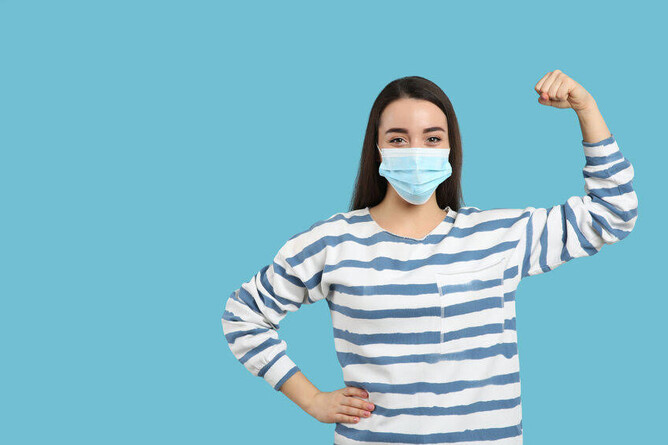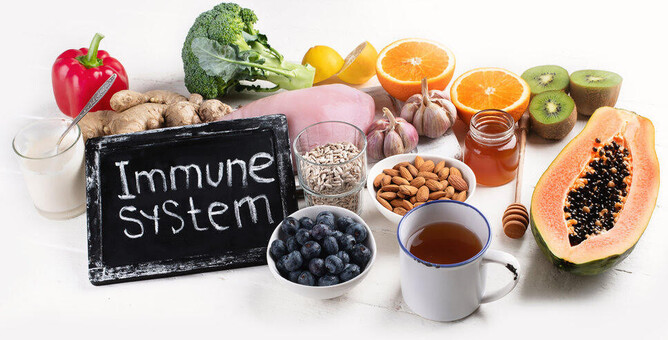Tips on Preparing for Omicron or Other Viral Infection
By Reg Osteopath Venla Karki
With viruses all around us, it might be of interest to you what you can do to boost your immunity. With good immunity you are likely to have a much less severe infection and recover more quickly.
Let’s first take a look at some of the everyday things that contribute to lowered immunity and that you can control.
One of the biggest contributors to lowered immunity is stress. As discussed in the article about stress, stress isn’t always bad. You might be surprised to learn that acute, short term stress actually increases your immune response. But most of us are experiencing chronic stress, and the pandemic is only adding to our existing stress load. Psychological stress has been shown to impair the immune system's ability to produce antibodies in response to a vaccine, thereby making the organism more vulnerable to infections (the response to the vaccine not as strong).
Suppressed emotions are also shown to suppress the immune system. Many of us, if not most, have been conditioned into thinking that showing emotions is a sign of weakness, or it wasn’t acceptable with the people we grew up with. So now many of us are not even aware of our emotions or how suppressing them is affecting our bodies; creating tensions, but also decreasing our immune responses.
So what can you do?
I recommend reading the article here on stress and vagus nerve stimulation for decreasing your stress. Did you know that the opposite of stress isn’t calm, but kindness and gratitude? At least hormonally speaking. In stress response the body produces adrenaline and cortisol which make us feel agitated and ready us for fight or flight.
Practising kindness and gratitude on the other hand releases oxytocin in our bodies. Oxytocin is often called the “feel good hormone” because it calms us and helps us bond with other humans and animals.
So if you want to increase your stress resilience, practice gratitude and kindness daily. You could take up a practice of writing down 3-10 things you're grateful for daily, in your life and in yourself. You could also ask yourself, how you can show kindness to yourself and others, and pick one small thing to do every day. And be sure to pay that kindness and gratitude to yourself as well!
As for suppressed emotions, the solution is to become aware of them, name them and express them. I know from personal experience that this isn’t easy, but so worth it. Just a gentle reminder though; this isn’t an invitation to go yell at your coworker, oftentimes expressing the emotions is best done in solitude or in the presence of a safe person. If you don’t know how to get started with this, I would suggest working with a coach, mentor or a psychologist to get you started safely. Often the emotions we have been avoiding feeling can feel quite overwhelming in the beginning.
Contrariwise mirth and laughter have been proven to boost our immune system. So finding opportunities to enjoy yourself and the company of your loved ones goes a long way. What is a small thing that brings you joy you can do today?
Other things that can be done to boost the immune system:
Taking care of your gut health. This is where it all begins. You can do things like avoid processed sugar (increases inflammation in the body) and add gut loving foods, like bone broth, to your daily diet.
Supplementing with vitamin C and zinc that help your body’s immune system to function effectively. Sometimes magnesium can be beneficial as well.
Using omega3-supplementation (reduces inflammation).
Healthy diet consisting of a lot of vegetables and unprocessed foods.
References:
Brod S, Rattazzi L, Piras G, D'Acquisto F. 'As above, so below' examining the interplay between emotion and the immune system. Immunology. 2014;143(3):311-318. doi:10.1111/imm.12341
D'Acquisto F. Affective immunology: where emotions and the immune response converge. Dialogues Clin Neurosci. 2017;19(1):9-19. doi:10.31887/DCNS.2017.19.1/fdacquisto
Dragoş D, Tănăsescu MD. The effect of stress on the defense systems. J Med Life. 2010;3(1):10-18.
Kiecolt-Glaser JK, McGuire L, Robles TF, Glaser R. Emotions, morbidity and mortality: new perspectives from psychoneuroimmunology. Anna Rev Psychol. 2002;53:83-107. doi:10.1146/annurev.psych.53.100
901.135217
Venla Kärki Reg Osteopath, MONZ
www.cityosteopaths.co.nz





